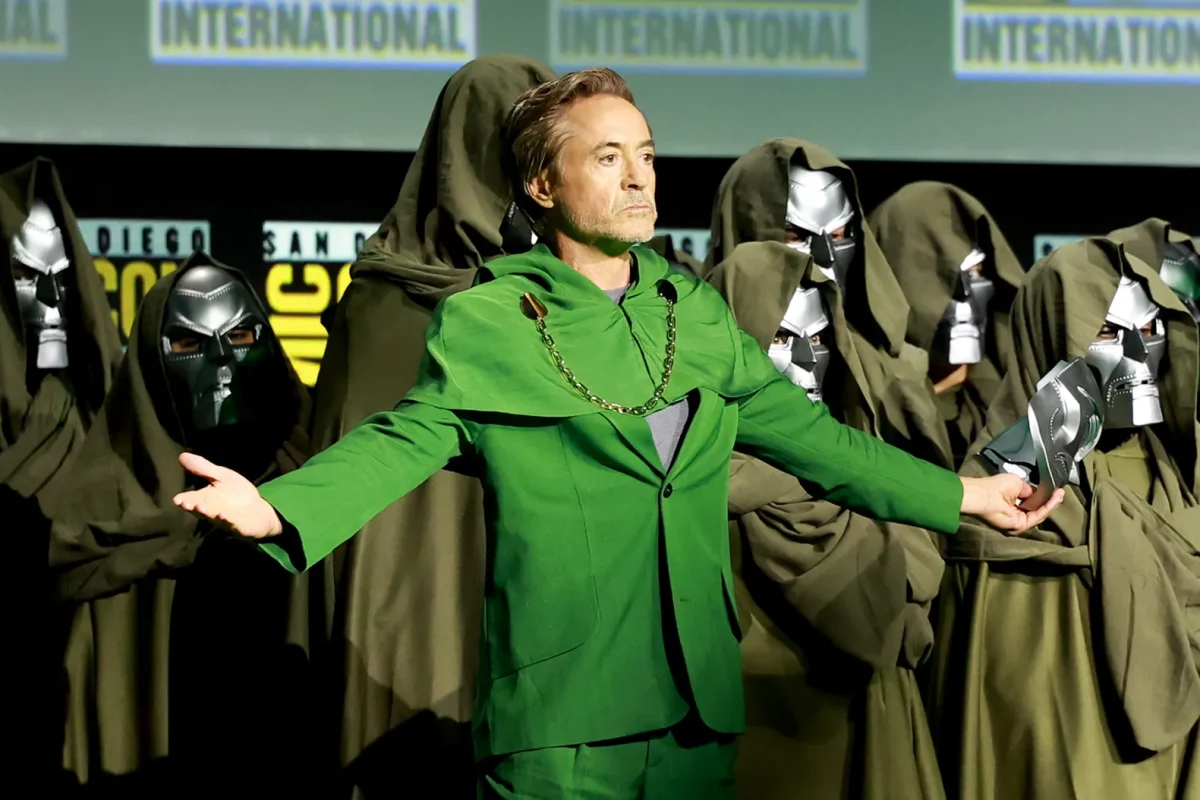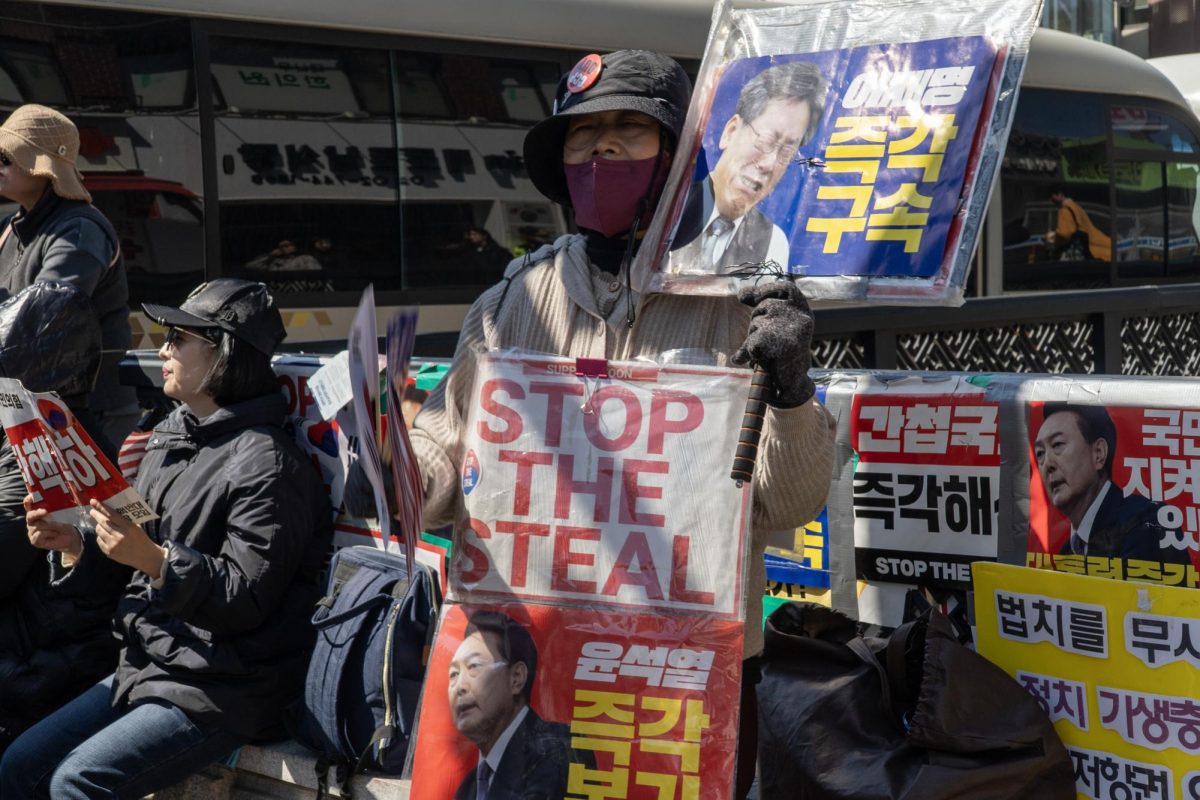[media-credit name=”Jessylyn Los Banos ” align=”alignnone” width=”465″] [/media-credit]
[/media-credit]
Does anyone remember the name John Hagelin? Or what about Monica Moorehead or David McReynolds? Do the names Howard Phillips, Harry Browne and James Harris ring any bells? While these names don’t mean much today to even the most politically savvy, back in 2000, they had a crucial hand in determining the infamous presidential election. They were six of the eight third-party candidates on the ballot; the last two spots went to political pundit Pat Buchanan, whose strict brand of conservatism was considered “too extreme” by most conservatives, and Ralph Nader, whose history as a potential presidential candidate went back all the way to 1972.
Buchanan’s and Nader’s names are more recognizable, but their legacy remains the same as the other now-anonymous third-party candidates: pulling in a collective 138,000 votes from disenchanted Floridians and undeniably spoiling the election. If Nader, who finished third in the balloting with over 97,000 votes, hadn’t had run, Gore would have easily won the presidency. The same pattern could easily repeat this election.
The Voter News Service, a now disbanded service that collected and analyzed polling data for various news organizations, asked voters exiting the polls how they would have voted if George W. Bush and Al Gore were the only candidates on the ballot. Of those who voted for Nader, 45 percent said they would have voted for Gore, versus the 27 percent that would have voted for Bush. The other 28 percent said they wouldn’t vote at all, which says a lot about the mindset of both Nader voters and third-party voters in general.
Possibly the most infuriating part about all of this is that Gore didn’t even need those 97,000 votes — he barely needed a sliver of them. Bush slipped past Gore to win the election by a mere 537 votes. Of the 111 million people who voted in 2000, that number is almost unfathomably small. It’s infinitesimal. But it was still enough to tilt the election in Bush’s favor, a man who launched an invasion on and subsequent war with Iraq that cost the lives of 4,510 American soldiers and, depending on your sources, anywhere from 166,000 to over a million Iraqi civilians and soldiers.
We’re all very familiar with the troubling statements Republican nominee Donald Trump has been making about using nuclear weapons and his thoughts on past wars. It’s not a stretch to assume that a Trump presidency will plunge the U.S. into another war. Regardless, his comments about specific groups of people will certainly pave the way for more openly racist oppression and subjugation. Yet, despite all his rank, racist and sexist rhetoric, the race between Trump and Hillary Clinton was nail-bitingly close in key states like Florida and Michigan.
Both candidates needed all the help they could get, but it looks like, once again, the presidential election was decided by third-party candidates Gary Johnson and Jill Stein, who were trailing in the polls by a mere four percent and two percent pre-election, respectively. Neither of them had any remote chance of winning. But remember, it took just 537 votes for Bush to be elected president in 2000. If 538 of the 138,000 Floridians had voted for Gore instead of any of the eight no-chance third-party candidates, he would have been our president.
On Monday, Johnson stated to CNBC that it isn’t too late to vote “on principle” for the Libertarian party, which he is running under, suggesting that voting for him is the moral choice. But whose conscience could possibly be soothed by essentially wasting a vote on someone who will likely drop off the political sphere once the election is over? What moral dilemma could possibly be absolved by indirectly electing a megalomaniac as president?
Johnson got even worse when in the same interview he cavalierly dismissed the idea that third-party voters could make a difference in the race. Those voters, he suggested, might have stayed home and “held their nose” instead of voting for either Trump or Clinton. The willful ignorance his comment displays is mind-boggling. We’ve been down this same road before with disastrous results. The people Johnson is encouraging to vote for him won’t be the architects of radical anti-establishment change, but rather cogs in a machine doomed to defer to the current powers that be.
In another 16 years, the names of Gary Johnson and Jill Stein won’t be significant to anyone except their family and friends. But the name Donald Trump has the potential to go down in history for all the wrong reasons, and we owe it to ourselves, and our future, to never forget the people that helped him get this far, whether they wanted to or not.









